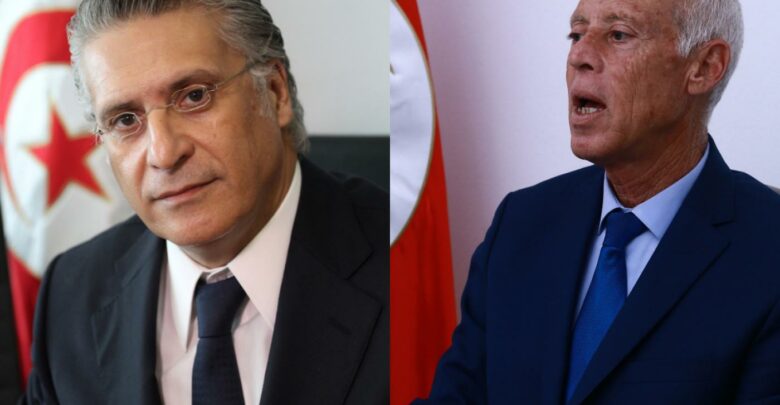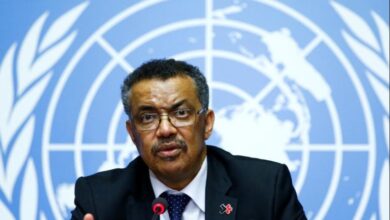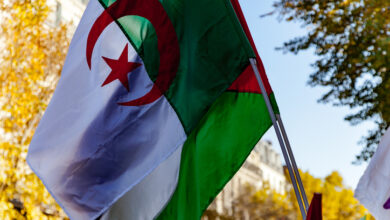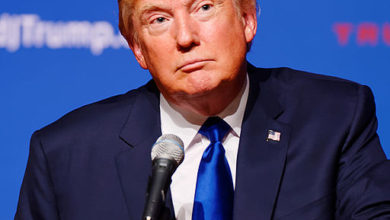World
Tunisia Presidential Election: Kais Saied, Nabil Karoui To Compete In A Run-Off Vote

In the recently held presidential elections in Tunisia, the two candidates who have emerged as the most vote gainers are interestingly both political outsiders who will now compete in a run-off vote after they topped the first round of voting.
Tunisia’s electoral commission on Tuesday announced Kais Saied, an independent candidate and law professor, got the majority percentage of votes at 18.4%, while imprisoned media mogul Nabil Karoui followed in second place with 15.6% of the vote, reported BBC.
Of the other 24 candidates, the moderate Islamist Ennahda candidate Abdelfattah Mourou came in third with 12.9% of the vote. The voting result is a big blow for the political establishment, including for Prime Minister Youssef Chahed and former interim President Moncef Marzouki who both failed to progress to the run-off.
The Sunday’s presidential election was the country’s second democratic presidential election since the 2011 revolution that toppled Tunisian leader Zine El Abidine Ben Ali, unleashing the Arab Spring uprisings across the region. The election was brought forward from its previously scheduled date after the death of Beji Caid Essebsi, Tunisia’s first democratically elected president. Parliament speaker Mohamed Ennaceur is currently acting as interim president.
A candidate required more than 50% of the votes cast to win the election in the first round. But as no-one got that majority, Saied, and Karoui, the two candidates with the most votes, will now compete in a decisive run-off.
Saied is a constitutional law professor who ran a modest campaign with next to no publicity or funding, while Karoui is the owner of a major television news channel and the founder of a large charity that focuses on the plight of Tunisia’s poor. He was detained a few weeks before the election over tax evasion and money laundering case.
The date for the second round has not yet been announced but it is expected to take place in October.






